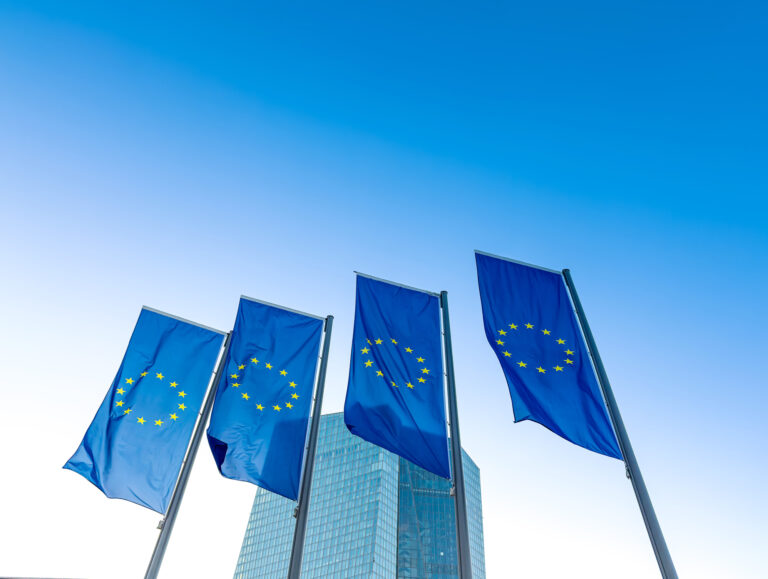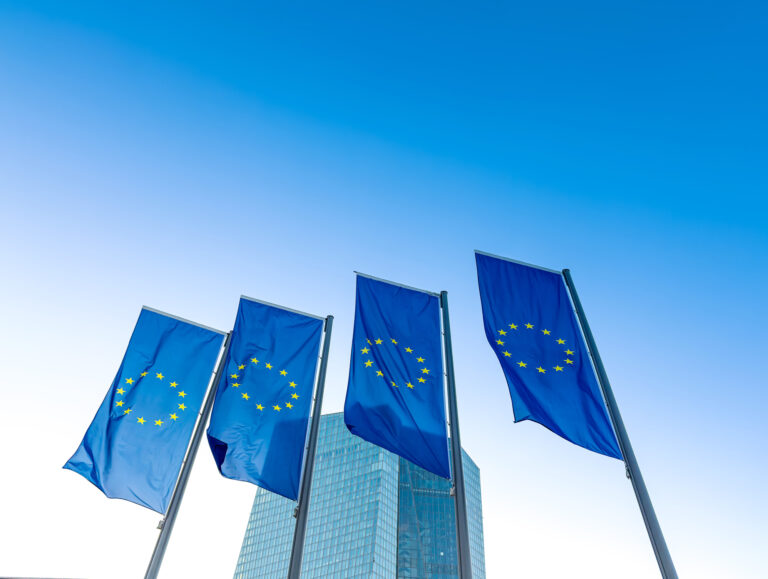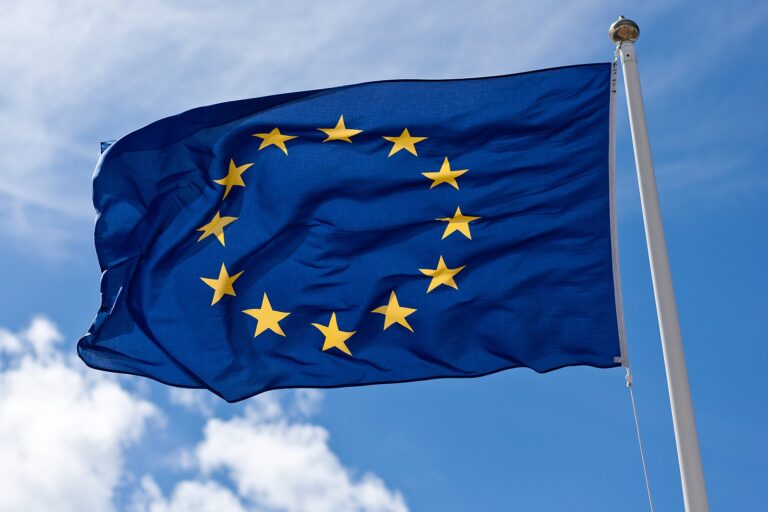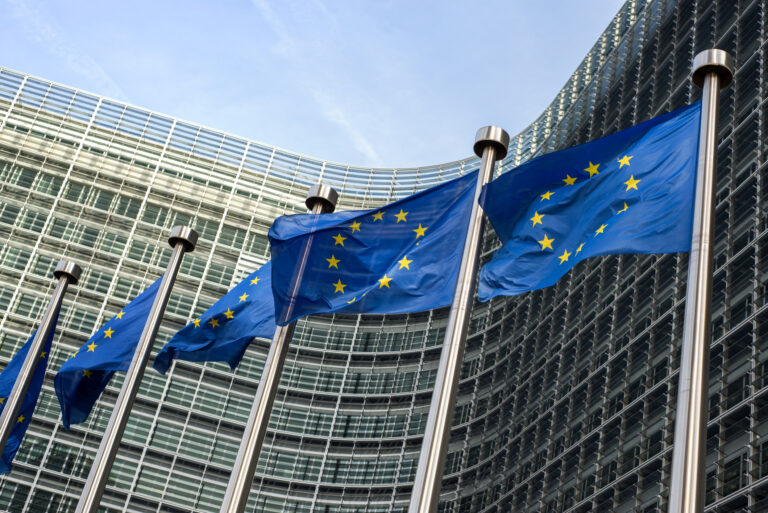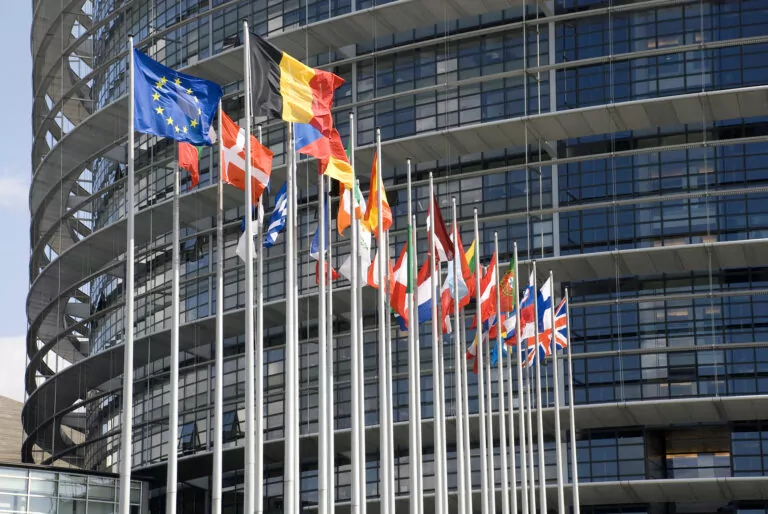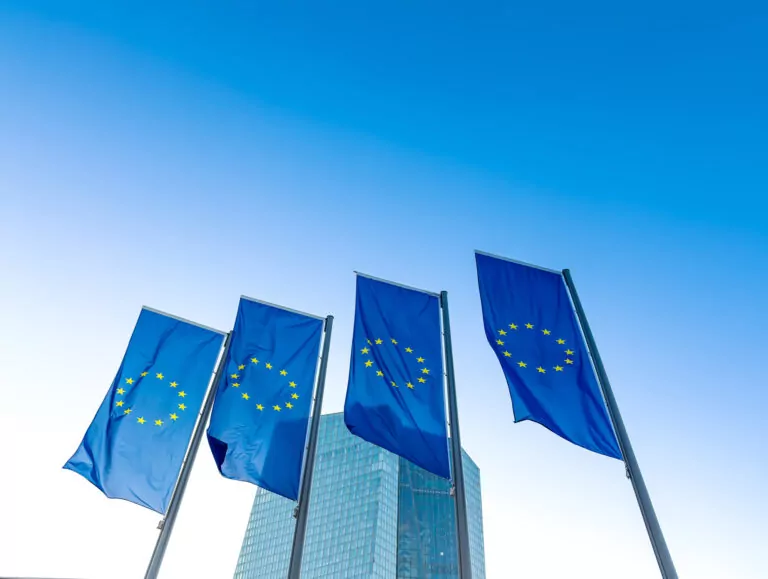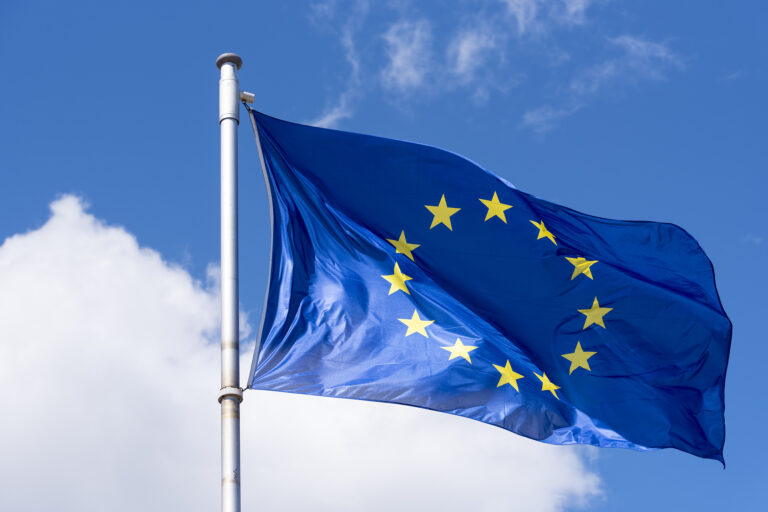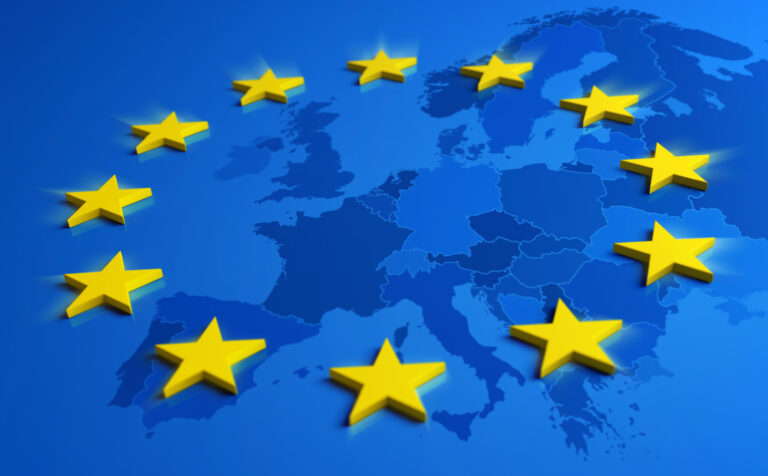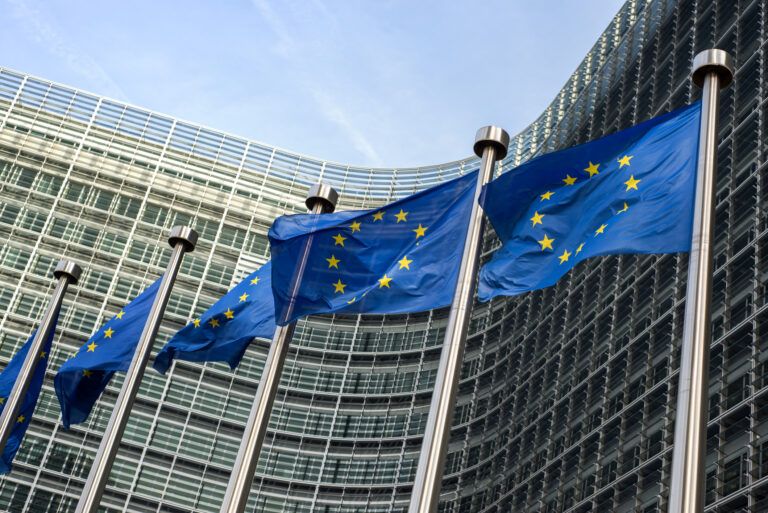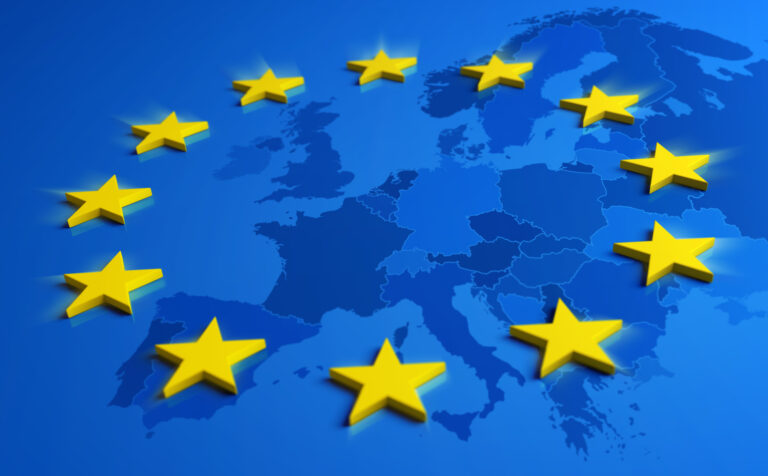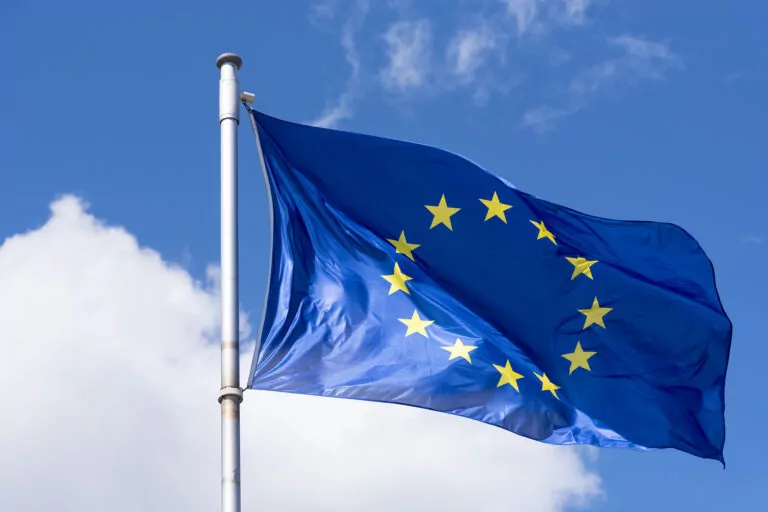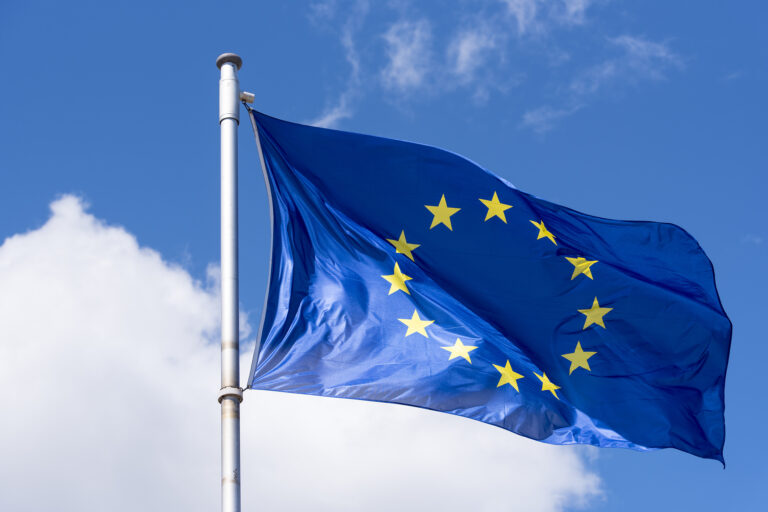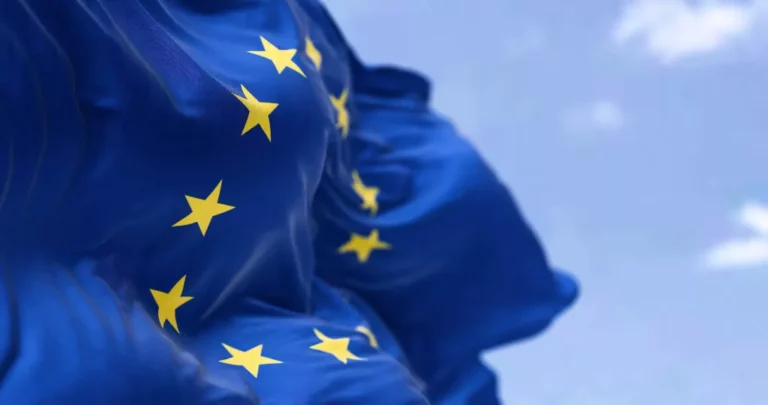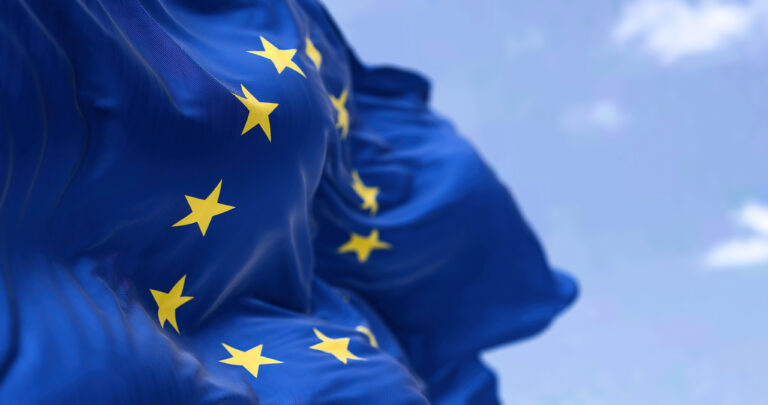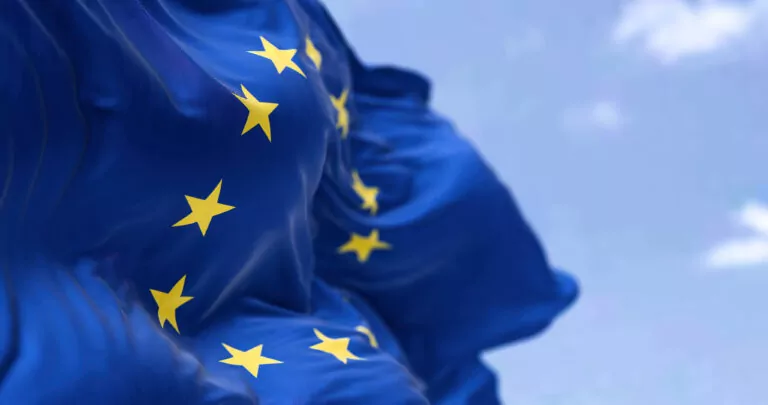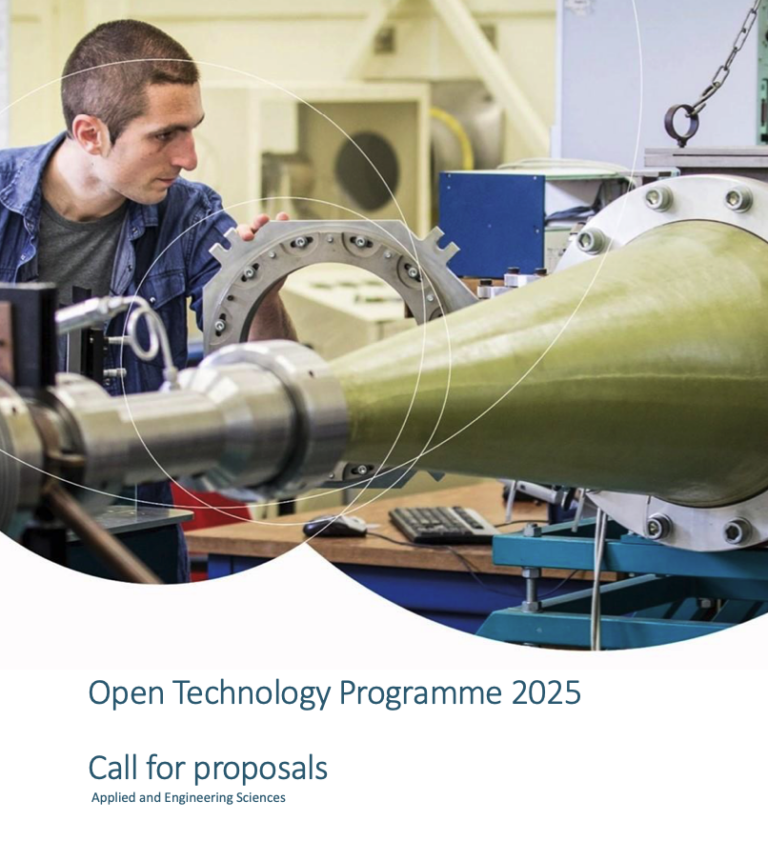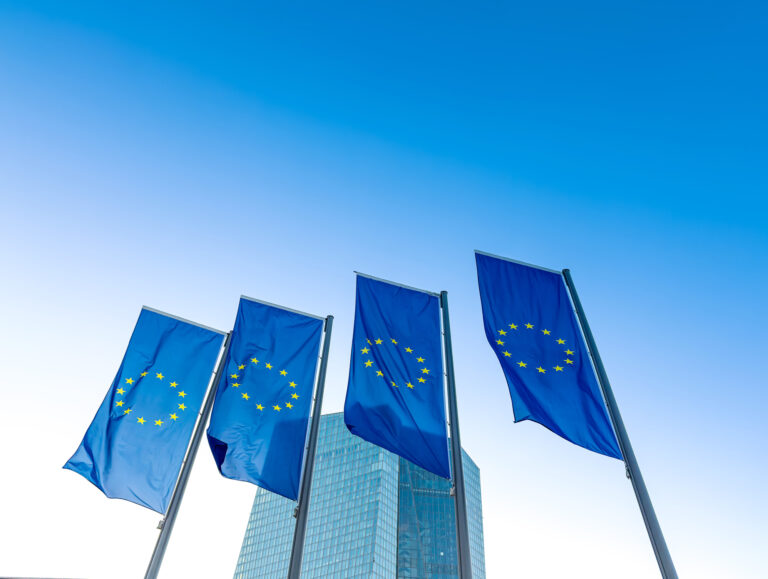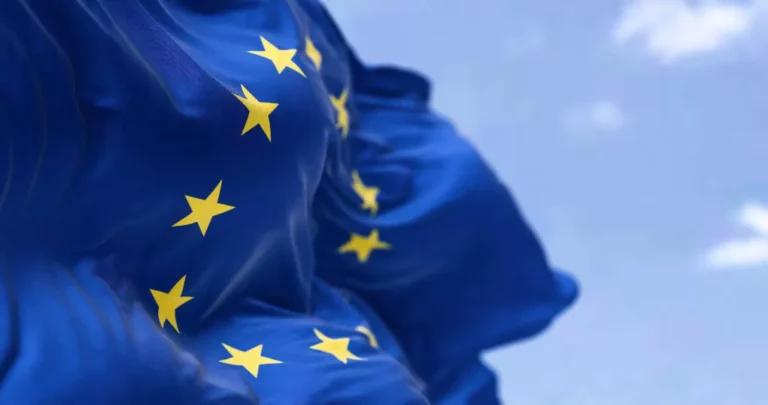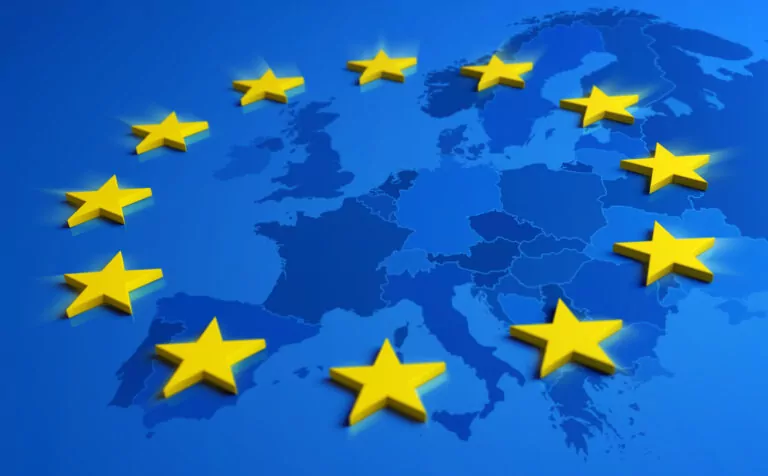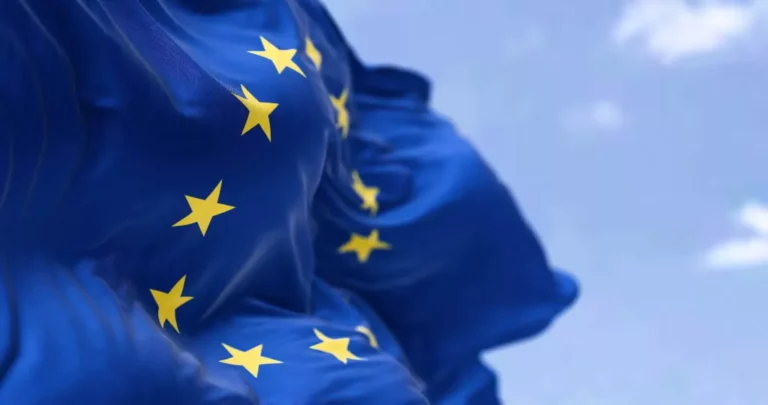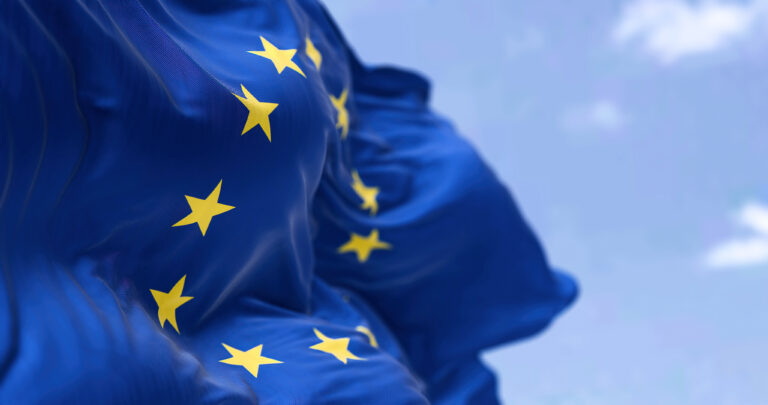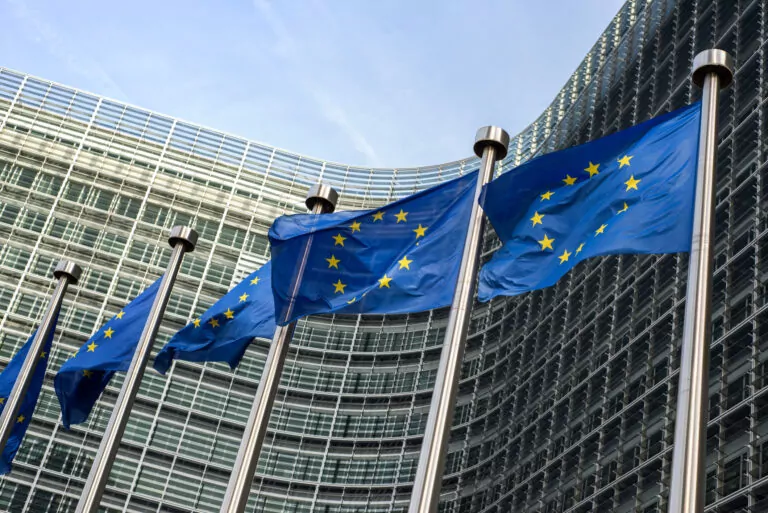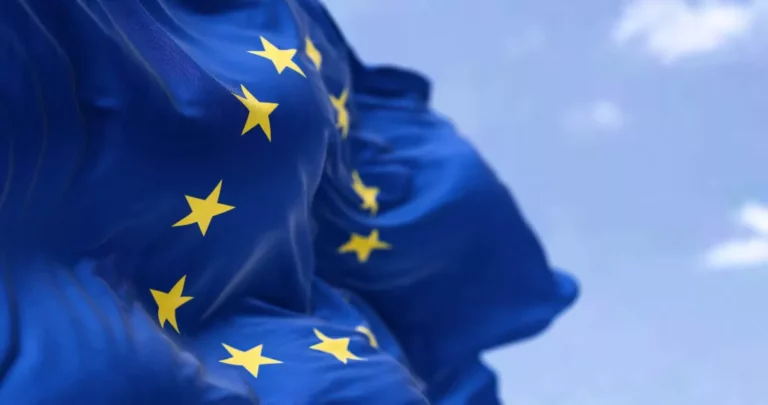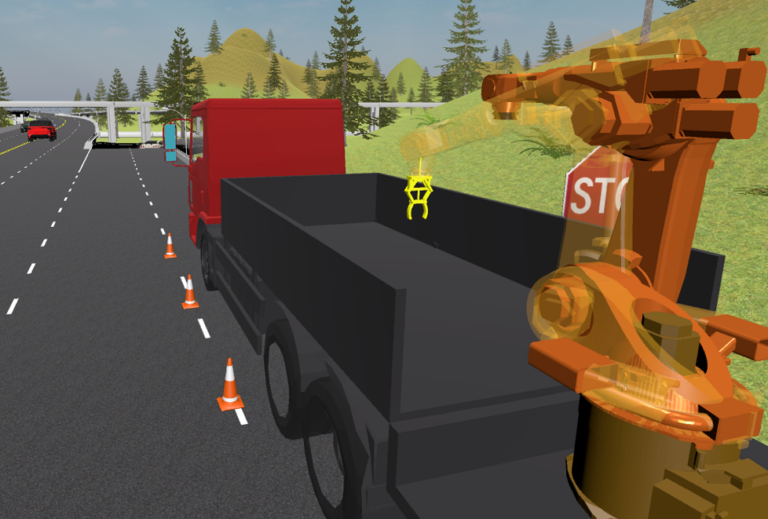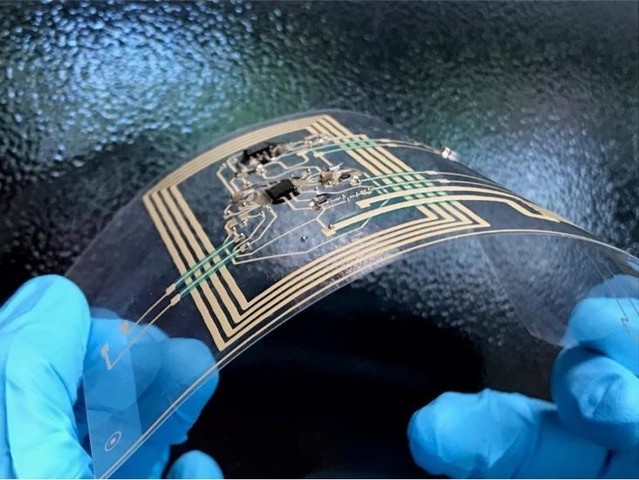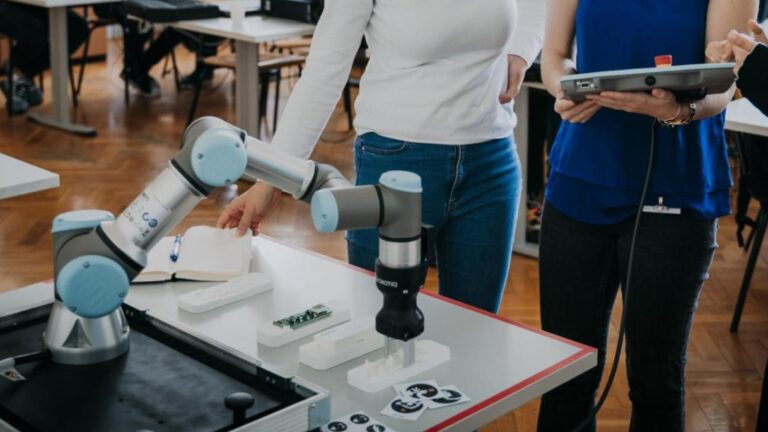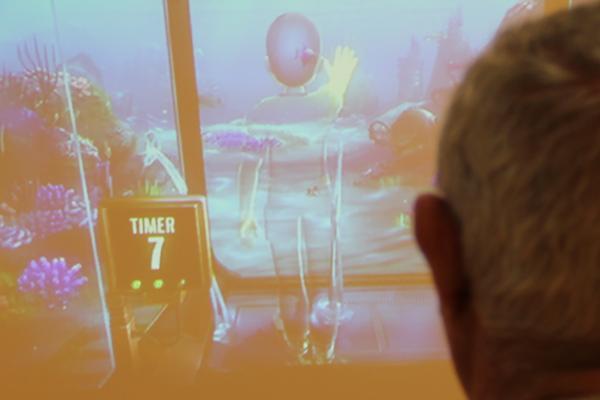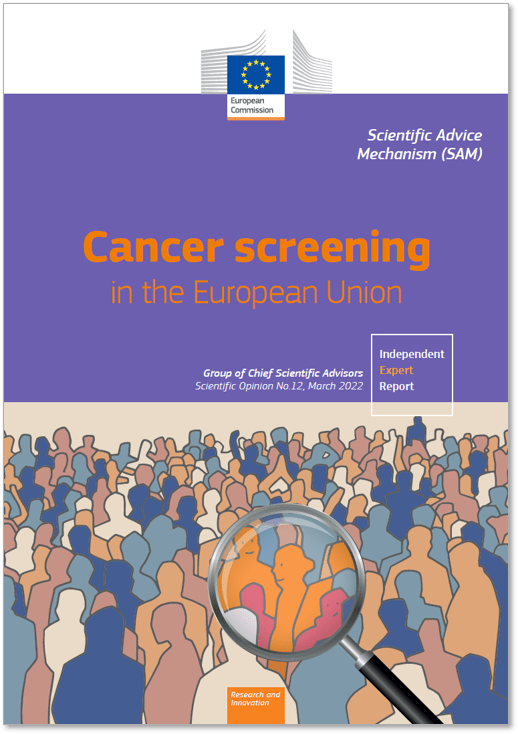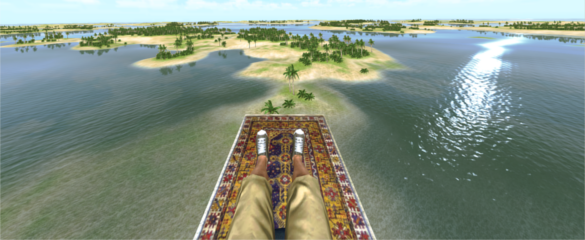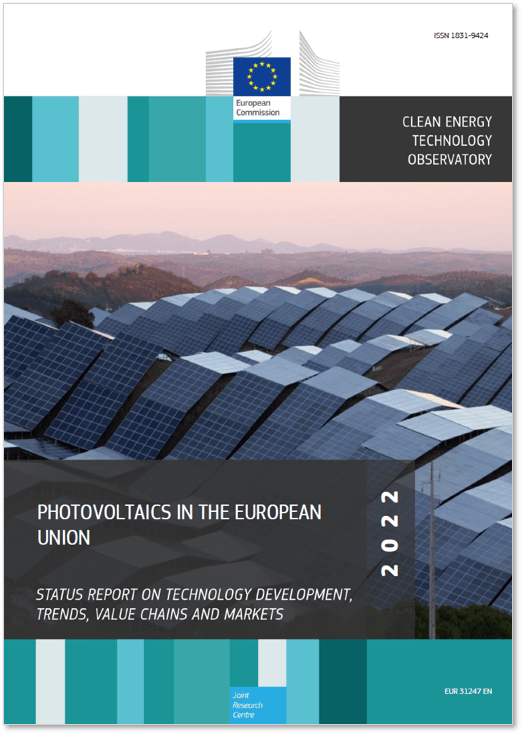Add to favorites:
Share:
Projects should contribute to all of the following expected outcomes:
- A deepened understanding is developed and made available to researchers (including from SSH disciplines), policy-makers and industry professionals of the possible key long-term impacts on culture[1] when citizens spend ever more time and experience an ever-larger share of life events in virtual worlds[2], including benefits and risks in relation to human wellbeing, European values, social cohesion and cultural and linguistic diversity.
- Research and knowledge-based measures with a long-term view are developed and put in practice that guide development towards realising the opportunities linked to the virtualisation of life while mitigating the most important threats.
- Significant contributions are made towards making Europe a global leader in virtual worlds that contribute to wellbeing, social cohesion and resilience in addition to competitiveness and growth.
As technology improves, attractive content is developed and virtual worlds become more accessible, European citizens will spend ever more time and experience an ever larger share of important life events in virtual and blended environments. Leading multinational companies as well as the European Union are making great efforts to accelerate this development, whereby it is the ambition of the European Union to create a thriving and world-leading European industrial ecosystem for virtual worlds[3].
As life thus becomes ever more virtualised, in the long term this will inevitably lead to drastic changes in perceptions, beliefs, behaviours and values. Culture will evolve; possibly new elements of culture will be born while old ones disappear. Creativity, cultural production and access to culture will have an ever-greater virtual component, changing the playing field for cultural heritage institutions as well as for cultural and creative industries. European creators will have new ways to create, promote and disseminate European cultural content and engage widely with new audiences.
The development towards virtualisation of life is not entirely new. For instance, gaming communities exist since many years, where members spend large parts of their lives online, and where virtual economic and social ecosystems can be said to have evolved. However, the scale and breadth of the virtualisation of most aspects of human life that is to come will have cultural impacts many orders of magnitude stronger than has been experienced thus far.
It is therefore of great importance to deepen our knowledge and understanding of the long-term effects on culture when people spend ever more time in virtual and blended environments - for work, entertainment, playing, studying, socialising, etc. Research should explore both benefits and risks in depth, based on a thorough understanding of what is realistically possible and probable in a long-term perspective. Key opportunities and threats should be identified in relation to the EU’s ambition to strengthen human wellbeing, sense of purpose and agency, as well as social cohesion, resilience and growth.
Based on research findings and scientific knowledge, projects should furthermore develop measures that would help realise the opportunities of cultural evolution in virtual and blended worlds, and mitigate the most important threats. Projects should, to the extent reasonably possible, make sure that findings and proposed measures are valid and feasible across the cultural diversity of Europe.
Proposals are not expected to address all aspects of the virtualisation of life, but should choose a focus that has the potential to bring decisive benefits, and should make sure to analyse these areas with sufficient depth to create a solid knowledge base.
Proposals should, to the extent appropriate, build on existing knowledge, activities and networks, notably the ones funded by the European Union. In particular, projects may want to establish links to the future European Partnership on Virtual Worlds, and may want to build on findings developed by relevant past and/or ongoing Horizon Europe projects[4].
[1] In the context of this topic, ‘culture’ should be understood in a holistic sense, along the definition proposed by UNESCO in 2001: “the set of distinctive spiritual, material, intellectual and emotional features of society or a social group, that encompasses, not only art and literature but lifestyles, ways of living together, value systems, traditions and beliefs”
[2] In the context of this topic, ‘virtual worlds’ should be understood as persistent, immersive environments, based on technologies including 3D and extended reality, which make it possible to blend physical and digital worlds in real time, in line with the Communication COM(2023) 442 ‘An EU initiative on Web 4.0 and virtual worlds: a head start in the next technological transition’
[3] See for instance the above mentioned COM(2023) 442 ‘An EU initiative on Web 4.0 and virtual worlds: a head start in the next technological transition’
[4] Such as project ‘OPENVERSE’: https://cordis.europa.eu/project/id/101135701
Expected Outcome
Projects should contribute to all of the following expected outcomes:
- A deepened understanding is developed and made available to researchers (including from SSH disciplines), policy-makers and industry professionals of the possible key long-term impacts on culture[1] when citizens spend ever more time and experience an ever-larger share of life events in virtual worlds[2], including benefits and risks in relation to human wellbeing, European values, social cohesion and cultural and linguistic diversity.
- Research and knowledge-based measures with a long-term view are developed and put in practice that guide development towards realising the opportunities linked to the virtualisation of life while mitigating the most important threats.
- Significant contributions are made towards making Europe a global leader in virtual worlds that contribute to wellbeing, social cohesion and resilience in addition to competitiveness and growth.
Scope
As technology improves, attractive content is developed and virtual worlds become more accessible, European citizens will spend ever more time and experience an ever larger share of important life events in virtual and blended environments. Leading multinational companies as well as the European Union are making great efforts to accelerate this development, whereby it is the ambition of the European Union to create a thriving and world-leading European industrial ecosystem for virtual worlds[3].
As life thus becomes ever more virtualised, in the long term this will inevitably lead to drastic changes in perceptions, beliefs, behaviours and values. Culture will evolve; possibly new elements of culture will be born while old ones disappear. Creativity, cultural production and access to culture will have an ever-greater virtual component, changing the playing field for cultural heritage institutions as well as for cultural and creative industries. European creators will have new ways to create, promote and disseminate European cultural content and engage widely with new audiences.
The development towards virtualisation of life is not entirely new. For instance, gaming communities exist since many years, where members spend large parts of their lives online, and where virtual economic and social ecosystems can be said to have evolved. However, the scale and breadth of the virtualisation of most aspects of human life that is to come will have cultural impacts many orders of magnitude stronger than has been experienced thus far.
It is therefore of great importance to deepen our knowledge and understanding of the long-term effects on culture when people spend ever more time in virtual and blended environments - for work, entertainment, playing, studying, socialising, etc. Research should explore both benefits and risks in depth, based on a thorough understanding of what is realistically possible and probable in a long-term perspective. Key opportunities and threats should be identified in relation to the EU’s ambition to strengthen human wellbeing, sense of purpose and agency, as well as social cohesion, resilience and growth.
Based on research findings and scientific knowledge, projects should furthermore develop measures that would help realise the opportunities of cultural evolution in virtual and blended worlds, and mitigate the most important threats. Projects should, to the extent reasonably possible, make sure that findings and proposed measures are valid and feasible across the cultural diversity of Europe.
Proposals are not expected to address all aspects of the virtualisation of life, but should choose a focus that has the potential to bring decisive benefits, and should make sure to analyse these areas with sufficient depth to create a solid knowledge base.
Proposals should, to the extent appropriate, build on existing knowledge, activities and networks, notably the ones funded by the European Union. In particular, projects may want to establish links to the future European Partnership on Virtual Worlds, and may want to build on findings developed by relevant past and/or ongoing Horizon Europe projects[4].
[1] In the context of this topic, ‘culture’ should be understood in a holistic sense, along the definition proposed by UNESCO in 2001: “the set of distinctive spiritual, material, intellectual and emotional features of society or a social group, that encompasses, not only art and literature but lifestyles, ways of living together, value systems, traditions and beliefs”
[2] In the context of this topic, ‘virtual worlds’ should be understood as persistent, immersive environments, based on technologies including 3D and extended reality, which make it possible to blend physical and digital worlds in real time, in line with the Communication COM(2023) 442 ‘An EU initiative on Web 4.0 and virtual worlds: a head start in the next technological transition’
[3] See for instance the above mentioned COM(2023) 442 ‘An EU initiative on Web 4.0 and virtual worlds: a head start in the next technological transition’
[4] Such as project ‘OPENVERSE’: https://cordis.europa.eu/project/id/101135701
Partner Requests
Explore Real Collaboration Opportunities
🔍 As a logged-in member, you now have exclusive access to all active Partner Requests for this Funding Call.
See who’s looking for collaborators, explore exciting project ideas, and discover how others are planning to make an impact.
💡 Use these insights to get inspired—or take the next step and start a request of your own (3 entries for free).
Log in or registrate here for free.
You must be logged in to submit or manage a partner request.
Ask our experts about this call
Connect with the Listing Owner!
💬 Please log in now to send a direct message to our experts and ask your questions. Not a member yet? Sign up for free and start connecting today!
Related Funding and Finance Opportunities
Unlock Exclusive Funding Opportunities!
🔑 Get instant access to tailored funding opportunities that perfectly match your needs. This powerful feature is exclusively available to our premium members—helping you save time, stay ahead of the competition, and secure the right funding faster.
Upgrade to Premium now and never miss an important opportunity again! Already a premium member? Log in here to explore your matches.
Related Innovation Offers
Related Knowledgebase Resources
Discover More with Premium: Related Knowledge Resources
🔒 You’re missing out on expert-curated knowledge specifically matched to this topic. As a Premium member, you gain exclusive access to in-depth articles, guides, and insights that help you make smarter decisions, faster.
Whether you’re preparing a funding proposal, researching a new market, or just need reliable information—our Premium knowledge matches save you hours of research and point you directly to what matters.
Upgrade to Premium now and instantly unlock relevant knowledge tailored to your needs! Already a member? Log in here to view your personalized content.

